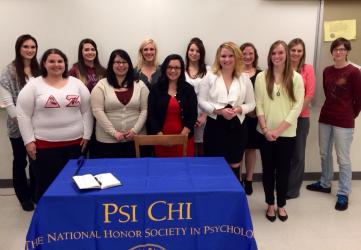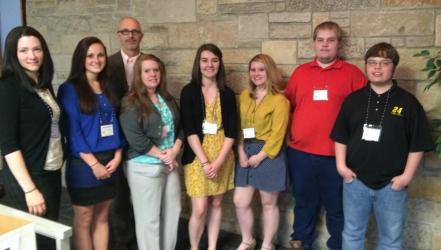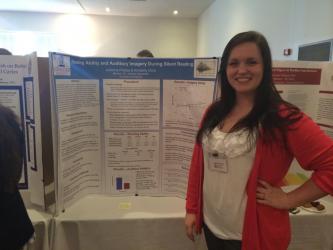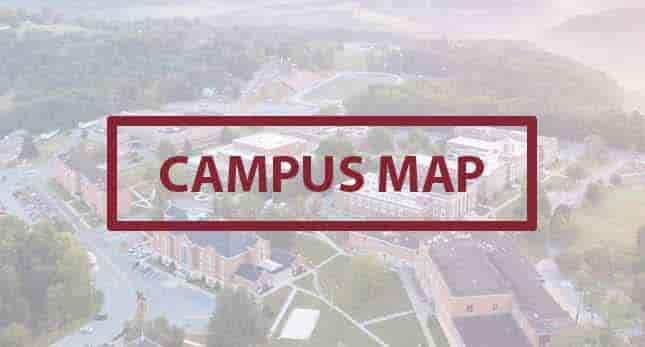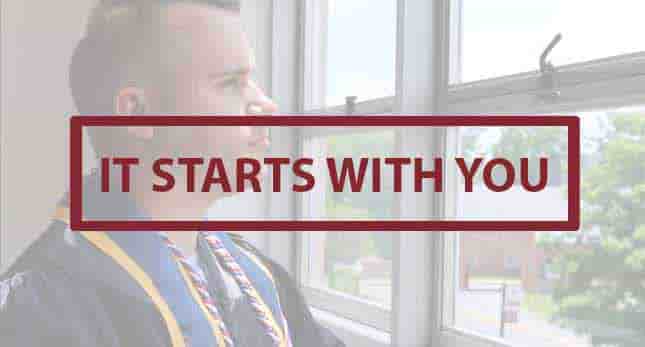Psychology
Psychology is the science of the intellects, characters, and behavior of animals including man.
~Edward Thorndike

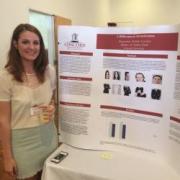
The program in psychology strives to prepare students for professional training in the field of psychology by providing experience with the essential methods and findings of experimental, clinical, and theoretical psychology.
Students learn to:
- Think critically about psychological issues
- Design and carry out scientific studies in the laboratory and in the field
- Communicate their ideas and conclusions effectively
The program offers courses geared to help students gain experience with psychology as a science, addressing issues of human behavior, thought, emotions, and mental illness from a number of theoretical perspectives. Students develop an understanding of how the biological underpinnings of behavior and thought interact with culture and the environment to produce the human experience. In applied courses, the scientist-practitioner model allows students to get hands-on experience performing scientific research and participating in clinical settings.
Psychology students at Concord University have the opportunity to tailor their experience through a wide variety of elective courses and research opportunities which prepare them for employment in psychology-related fields and graduate study in areas of psychology, education, medicine, law, and business.
The psychology faculty offices are located on the first floor of Marsh Hall. Also located on the first floor are our psychology research and observation rooms equipped with one-way glass and our animal behavior laboratory.


